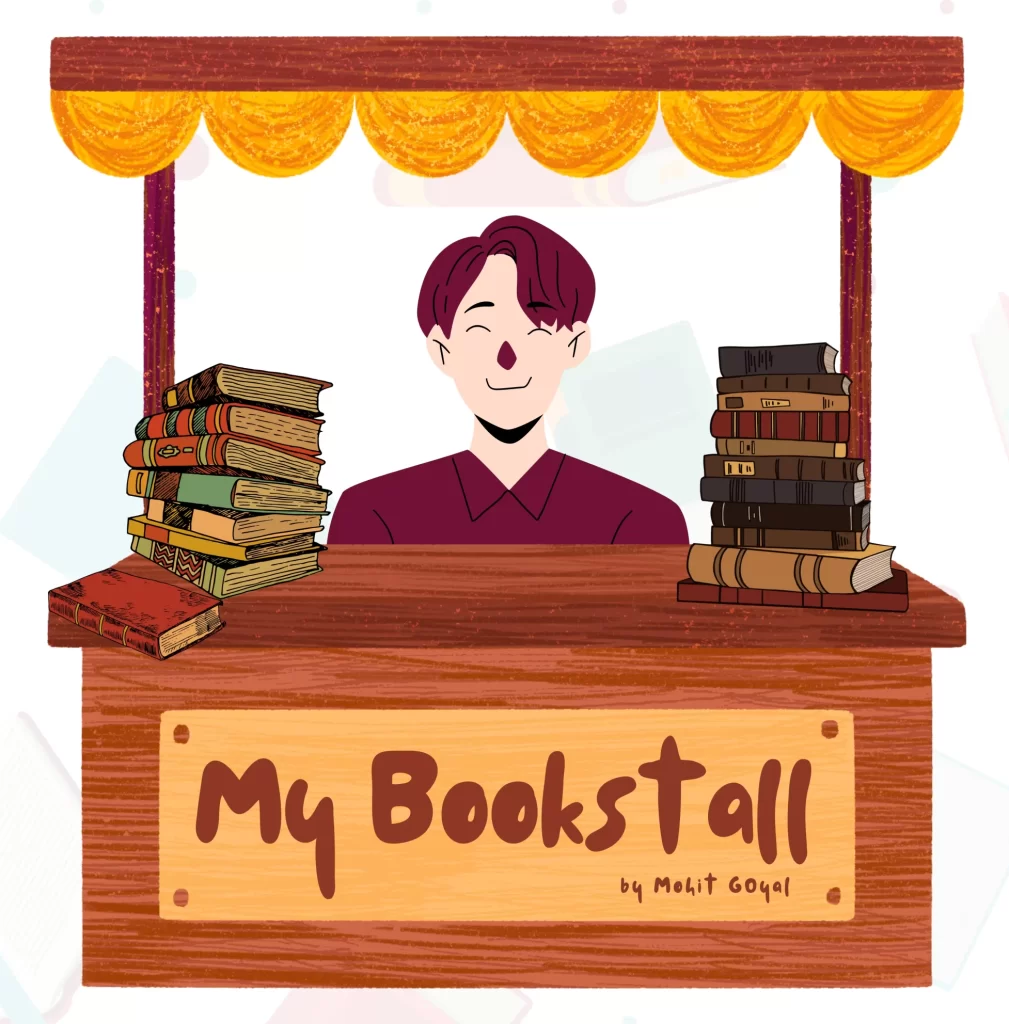The Evolution of Reading: Will AI or Ebooks Replace Physical Books?
The Evolution of Reading: Will AI or Ebooks Replace Physical Books?: In the ever-evolving landscape of technology and literature, the question arises: will Artificial Intelligence (AI) or ebooks eventually replace the tangible charm of physical books? As we witness the rapid transformation of the reading experience, it’s essential to explore the impact of AI and ebooks on traditional books and discern whether they are destined to take over or coexist harmoniously.
The Rise of Ebooks
Ebooks, digital versions of printed books, have undeniably transformed the reading habits of millions worldwide. The convenience of carrying an entire library on a single device, adjustable font sizes, and the ease of accessibility have made ebooks increasingly popular. They offer a plethora of features, such as search functionality, instant downloads, and interactive elements, providing readers with a personalized and dynamic reading experience.

Credit: Kitaboo
Advancements in Artificial Intelligence
AI, on the other hand, brings a new dimension to the reading experience. From recommendation algorithms that suggest personalized book choices to natural language processing capabilities, AI is enhancing the way we discover, consume, and interact with literature. Some AI applications even attempt to generate original content, blurring the lines between human and machine-generated writing.
The End of Physical Books?
Despite the digital surge, the demise of physical books seems unlikely. The tangible appeal of flipping through the pages, the distinct smell of paper and ink, and the aesthetic pleasure of a well-designed book cover create an immersive experience that ebooks cannot entirely replicate. Bookstores and libraries continue to thrive, proving that there’s an enduring love for physical books that goes beyond mere utility.
The Coexistence of Formats
Rather than a complete replacement, what we observe is the coexistence of physical books, ebooks, and AI-driven reading experiences. Each format caters to different preferences and circumstances. While ebooks offer practicality for travellers and those craving instant access to new releases, physical books provide a sensory and nostalgic experience cherished by bibliophiles.
AI’s Role in Enhancing the Reading Experience
AI’s integration into the reading ecosystem is more about augmentation than replacement. Smart algorithms recommend books based on individual preferences, creating a personalized reading journey. AI-powered audiobooks and voice-activated assistants have also made literature more accessible to individuals with visual impairments, broadening the inclusivity of reading.
Challenges and Concerns
However, challenges persist. Privacy concerns regarding data collection for personalized recommendations, the potential homogenization of literary choices, and the need for vigilant curation to avoid bias in AI-generated content are areas that require ongoing attention.
Conclusion
In conclusion, the future of literature seems to be a symbiotic relationship between AI, ebooks, and physical books. The digital realm enhances accessibility and convenience, while physical books continue to offer a unique and irreplaceable experience. As technology advances, it is crucial to celebrate the diversity of reading formats and ensure that the essence of storytelling, whether in print or pixels, remains at the heart of our literary journey. Ultimately, the coexistence of these formats ensures that literature adapts and thrives in an ever-changing world.

